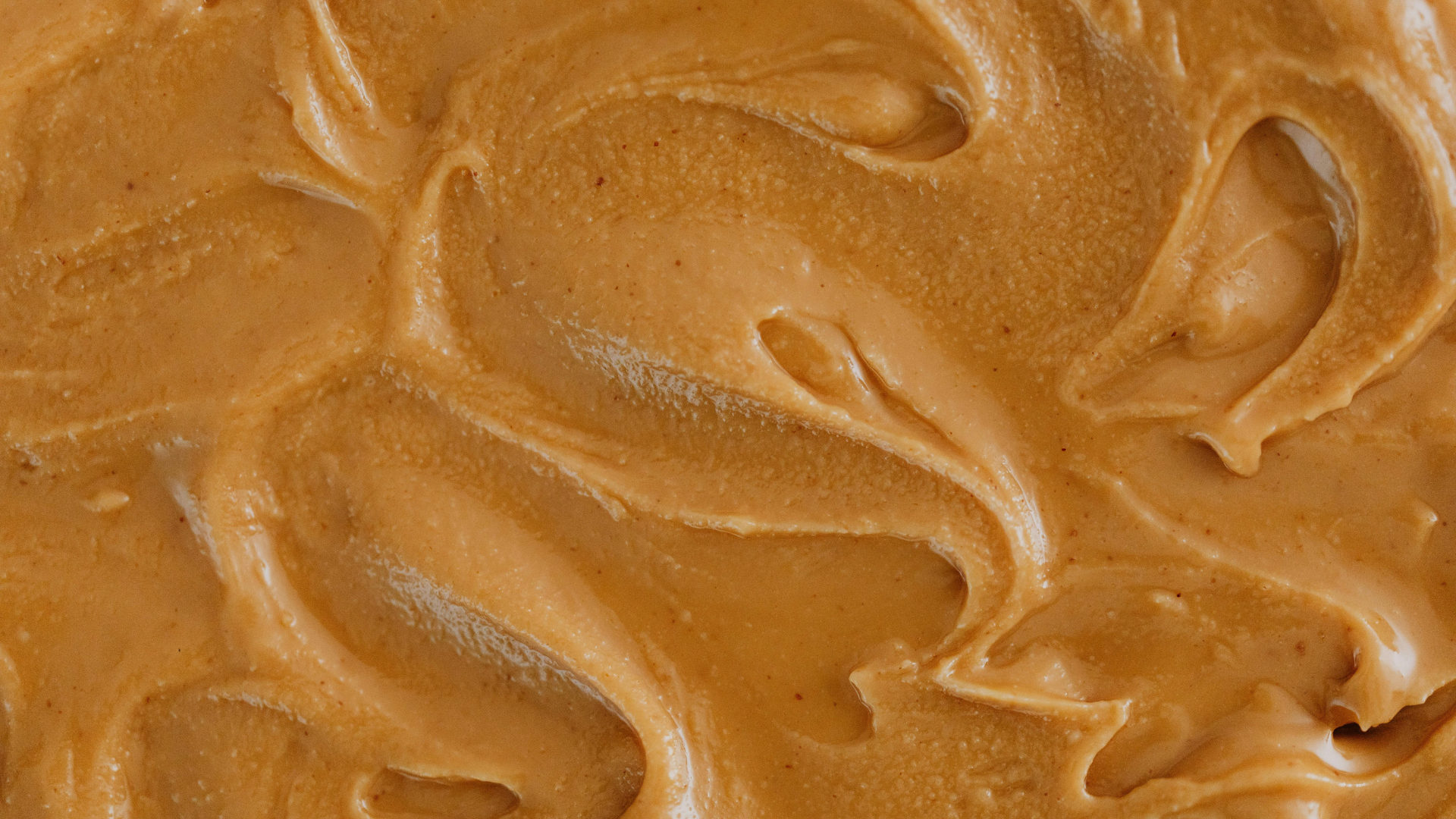Calorie tracking has become a familiar routine for many Americans, especially as weight, energy, or health shift as you get older.
Maybe you’ve opened your tracking app more times than you’d like to admit. Counting calories can feel simple at first, but then it starts to feel like a second job. Before you decide whether to keep tracking, pause for a moment. Understanding how your body responds to food and daily habits can help you choose a path that feels sustainable and smart.
Calorie Counting Has Its Perks
Counting calories gained traction because the basic idea works for many people: create a consistent calorie deficit, and weight tends to drop. According to Comparison of Weight-Loss Diets in Overweight and Obese Adults, people who followed lower-calorie plans lost weight regardless of whether those plans were low-fat, low-carb, or somewhere in between. The deficit—not the diet trend—made the difference.
That’s why calorie tracking can be helpful for a short period. It highlights portion sizes that creep up over the years and reveals snacks that add more energy than expected. It gives a clearer picture of your habits. Used briefly, it can act like a spotlight, showing exactly where your eating patterns shift throughout the week.
But Accuracy Isn’t Always On Your Side
Here’s where things get tricky. Numbers on food labels look precise, but they have up to 20% wiggle room under FDA rules. Many packaged items can legally vary by this margin without violating labeling laws. Restaurant meals swing even wider, especially with toppings, sauces, and oversized portions. Even if you track faithfully, your tally can drift without you noticing.
Food type also matters. A calorie from a fresh meal doesn’t always feel the same as a calorie from an ultra-processed snack. Faster digestion and less fiber can push hunger to bounce back sooner, making you reach for more food even when the numbers seem equal. That’s one reason people sometimes struggle with hunger even when their “calorie count” looks balanced inside an app.
To add to the challenge, rigid tracking can chip away at your mindset. Calorie counting tends to work best when it informs you—not when it rules you. Tracking every crumb can create pressure or guilt, especially when life gets stressful.
A Better Way To Use Numbers—Without Letting Them Take Over
You don’t need to eliminate calorie tracking entirely. You just need to reshape how you use it. Think of calorie counting as a tool you pick up occasionally, not something you hold all year. A short one- or two-week “reset” can help recalibrate your eating rhythm without tying your day to a digital record.
A stronger long-term strategy comes from your plate rather than your calculator. Filling half of it with vegetables, adding a lean protein source, and rounding out the rest with whole grains or mindful starches takes advantage of your body’s natural satiety cues. Choosing fewer ultra-processed meals supports steadier energy and fewer cravings, making the numbers matter less.
Calorie counting shouldn’t drain your joy or limit your meals. Use it sparingly to gain clarity, then lean on satisfying foods and a kinder approach to eating. Your health benefits far more from consistency than perfect arithmetic.
KEEP ON READING

The One Spice You Should Be Using Every Day








